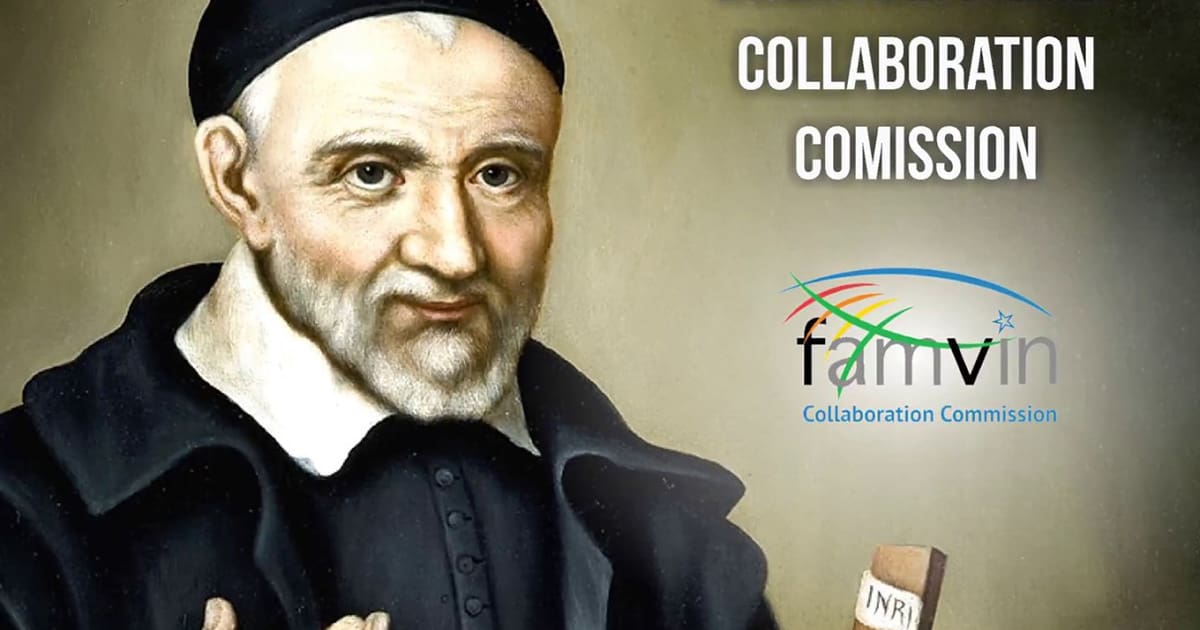Collaboration and Solidarity [Video]
By Fr. Manuel Ginete, CM
On July 9, 2011 the people in the southern part of Sudan had reason to celebrate – the world’s newest country was born, South Sudan. After years of war with the north, South Sudan finally gained its independence. For the next two years the people were brimming with hope, energy, promise. In December 2013, however, conflict arose amid the painful reality of ethnic divisions and competing political ambitions. More conflict came in July 2016. Because of this hundreds of NGO workers and UN personnel fled the country. Even some South Sudanese themselves sent their families and kin to neighboring Uganda, Sudan, Kenya and Ethiopia. Others, however, remained to be in solidarity with the people.
Constance, a Ugandan social worker but married to a South Sudanese, stayed behind. During this crisis she opted to work with other women providing a daily meal of beans and “posho” (the staple food) to a group of street children.
Betty, also a Ugandan, is a health worker. She chose to continue her mission looking after the health of children and neighbors who suffer regularly from typhoid, malaria, and other diseases.
In addition, both Constance and Betty received training as facilitators for healing from trauma.
They are our neighbors. In fact, they are more than that. They are our collaborators, for they have imbibed the spirit of Solidarity.
Our group is called “Solidarity with South Sudan,” a collaborative project of the Sudan Catholic Bishops Conference and the International Union of (Women) Superiors General and the Union of (Men) Superiors General. Since 2008 and through the conflicts in 2013 and 2016, we have trained hundreds of teachers, nurses, midwives, catechists, pastoral agents, trauma-healing facilitators as well as farmers. They too are our collaborators. Abandoning them is not in our vocabulary, for that would mean betrayal of what we stand for.
In Folleville, Chatillon and Paris, St. Vincent de Paul saw the needs of the poor so clearly that he acted decisively. South Sudan’s needs are obvious and urgent, because they are most basic: food, health, security, justice, peace, dignity. More than 260 religious congregations and some lay people also saw these needs so clearly that they acted decisively. They joined Solidarity – some through personnel, others through finances and logistics. The 33 volunteers now in South Sudan come from 24 countries and represent 18 religious congregations and institutes. Some are here for few months, others for some years now. Supporting us are staffs in Rome and Washington, and many more who pray for us, send donations for programs, advocate for us in other forums. The Vincentian Family has been part of this international collaborative effort, with volunteers from Sisters of Charity of Leavenworth (Kansas), Sisters of Charity of Halifax (Canada), Holy Faith Sisters (Ireland), and Congregation of the Mission (Philippines).
Solidarity with South Sudan has shown that, to be optimally effective, collaboration needs to be grounded on a deep sense of solidarity. After all, Jesus brought the good news of God’s love by becoming “one like us.” And it made a world of difference. Likewise, in South Sudan we aim to make a difference. A South Sudanese put it succinctly. “When the conflict came, many NGOs left us. Unlike them, you stayed behind. For this we are very grateful.”
In South Sudan collaboration has a name. It is SOLIDARITY.
Tags:







Most inspiring. Thanks and blessings…